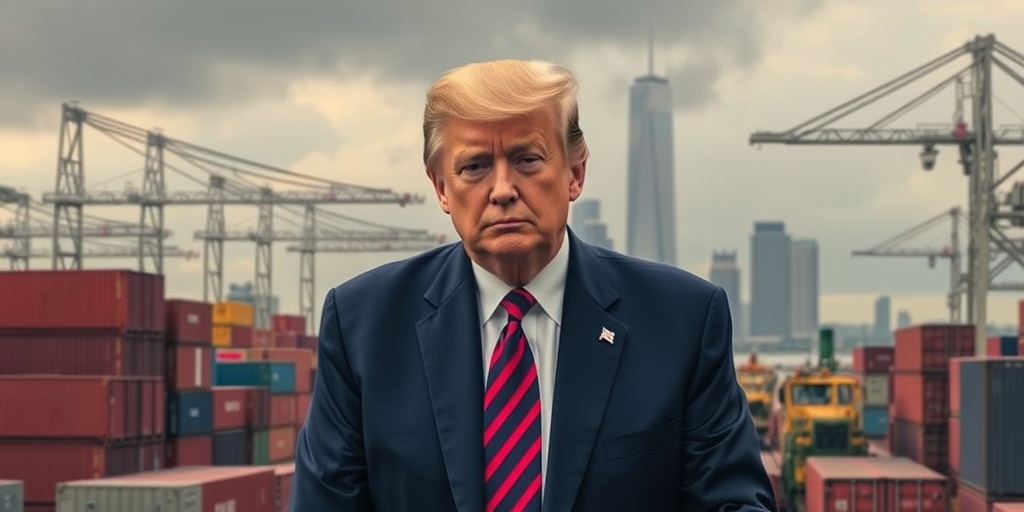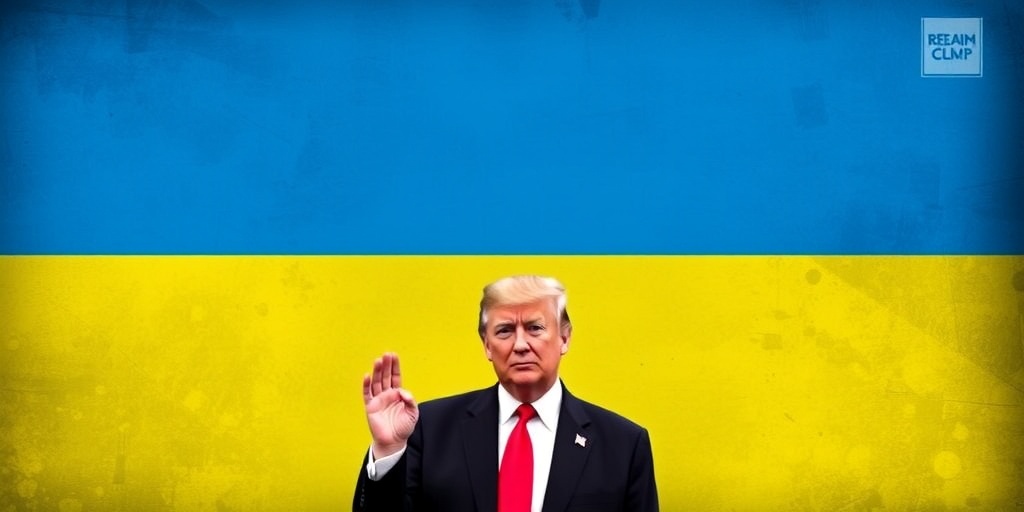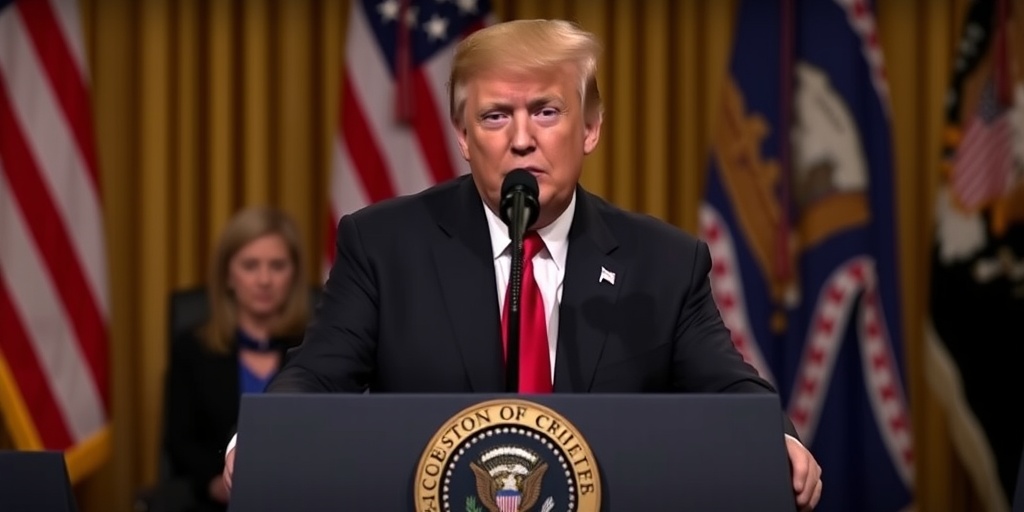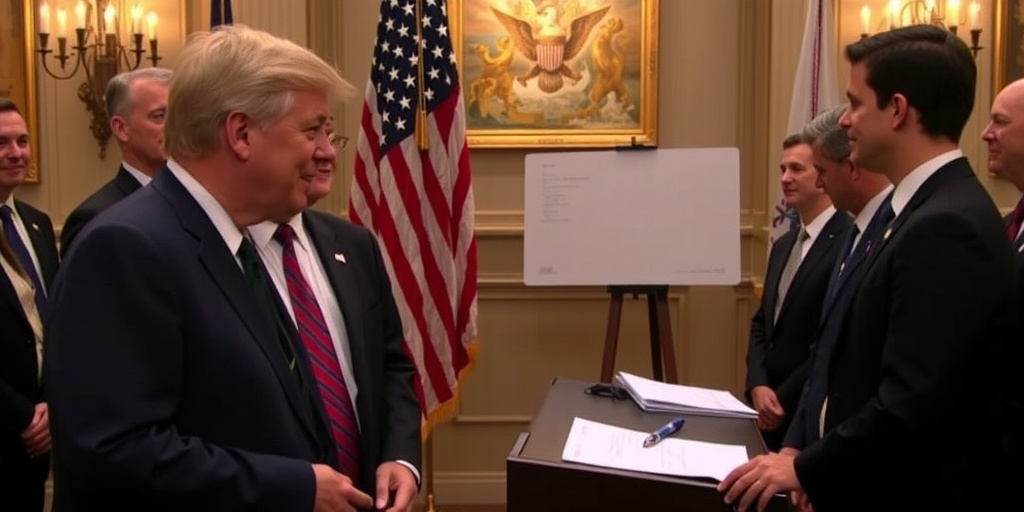Now Reading: Kennedy to Establish New Health Commission in Private Meeting
-
01
Kennedy to Establish New Health Commission in Private Meeting
Kennedy to Establish New Health Commission in Private Meeting
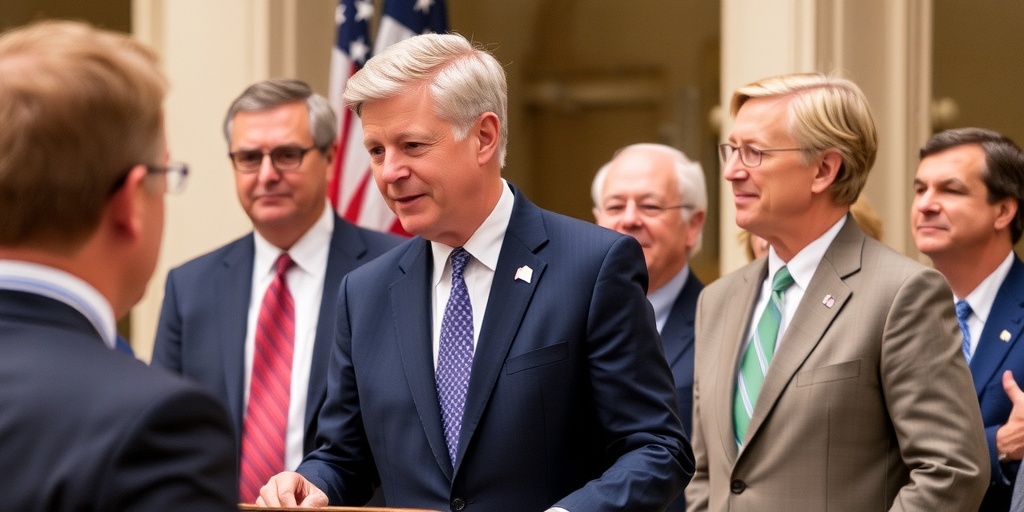
Health Secretary Robert F. Kennedy Jr. Addresses Measles Outbreak amid New Commission Initiative
In his first month as Health Secretary, Robert F. Kennedy Jr. is at the forefront of a significant health crisis, as West Texas grapples with a growing outbreak of measles. The outbreak has prompted an urgent government response, and on Tuesday afternoon, Kennedy will hold the inaugural meeting of the presidential Make America Healthy Again Commission (MAHA) in a private setting. This initiative, launched by President Trump, aims to address and dramatically reduce the rising rates of chronic diseases, particularly among children.
Kennedy, who will chair the MAHA Commission, is no stranger to controversy, particularly due to his outspoken skepticism regarding vaccines. The commission consists of various cabinet secretaries and key federal officials, all focused on a common goal: to understand the underlying causes of chronic diseases and to devise effective strategies to combat them. The significance of this initiative is underscored by an executive order signed by Trump on February 13, shortly after Kennedy’s confirmation by the Senate.
The inaugural meeting will take place at the White House complex, although it is not included in President Trump’s public schedule, leaving uncertainty about his attendance at the gathering. Furthermore, the meeting’s agenda has not been disclosed, raising questions about the specific strategies that might be discussed to align with the commission’s health-focused objectives.
Kennedy’s position as Health Secretary has come under scrutiny during this ongoing measles outbreak. His approach to managing the situation has garnered attention due to his promotion of alternative treatments, including cod liver oil and vitamin A, rather than advocating for vaccination, which experts assert is the most effective preventive measure against measles and other contagious diseases. This hesitance toward vaccination comes against a backdrop of growing public health concerns, particularly following the recent deaths related to the outbreak.
Tragically, the measles crisis has resulted in the deaths of two individuals: an unvaccinated child in Texas and an unvaccinated adult in New Mexico. These fatalities mark the first measles-related deaths in the United States in a decade, underscoring the severity of the situation and amplifying the calls for a robust public health response.
Kennedy’s advocacy extends beyond vaccines, focusing on what he terms the “chronic disease epidemic” plaguing the nation. His efforts include a call to eliminate ultra-processed foods from grocery stores and an initiative aimed at requiring food manufacturers to disclose more comprehensive ingredient information to federal regulators. This dual focus on vaccine skepticism and dietary regulation reflects a broader approach to improving public health.
Moreover, Kennedy has repeatedly voiced concerns linking vaccines to autism, a claim that has been thoroughly debunked by extensive research. The Centers for Disease Control and Prevention (CDC) now reports that autism spectrum disorder affects an estimated 1 in 36 American children, a statistic referenced in the executive order signed by Trump. The Department of Health and Human Services revealed just last week that the CDC would initiate an investigation into any potential relationship between vaccines and autism, an announcement that has reignited discussions surrounding vaccine safety.
The interplay between Kennedy’s beliefs and the urgent public health messages surrounding vaccination poses a complex challenge to experts who advocate for the scientifically supported benefits of immunization. The growing measles outbreak, coupled with a changing public perception of vaccines, emphasizes the need for clear and accurate communication about health measures that protect the community.
As Kennedy and the Make America Healthy Again Commission embark on their mission, the hope is that they will navigate the fine line between addressing public concerns—especially among vaccine-hesitant populations—and implementing scientifically sound health practices. The coming weeks will be critical, not only for the response to the measles outbreak but also for the broader implications of Kennedy’s policies and public health strategies in combating chronic diseases and fostering a healthier future for children and families across the nation.
Through their actions and recommendations, the MAHA Commission has the potential to shape the future of public health policy, offering a comprehensive solution to the pressing health issues that American society faces today. As the nation watches closely, the hope is that a balanced and evidence-based approach prevails in the ongoing battle for better health.
Stay Informed With the Latest & Most Important News
Previous Post
Next Post
-
 01New technology breakthrough has everyone talking right now
01New technology breakthrough has everyone talking right now -
 02Unbelievable life hack everyone needs to try today
02Unbelievable life hack everyone needs to try today -
 03Fascinating discovery found buried deep beneath the ocean
03Fascinating discovery found buried deep beneath the ocean -
 04Man invents genius device that solves everyday problems
04Man invents genius device that solves everyday problems -
 05Shocking discovery that changes what we know forever
05Shocking discovery that changes what we know forever -
 06Internet goes wild over celebrity’s unexpected fashion choice
06Internet goes wild over celebrity’s unexpected fashion choice -
 07Rare animal sighting stuns scientists and wildlife lovers
07Rare animal sighting stuns scientists and wildlife lovers













